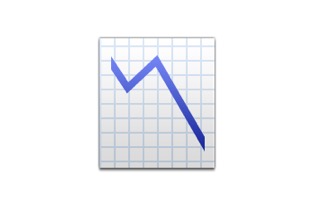Although her husband’s salary increased, a Tokyo woman said she has tightened her family’s purse strings.
“Except for what my child absolutely needs, we have to be frugal in our spending,” the 37-year-old woman said.
Japan’s real wage index was minus 2.8 percent in October compared with the same period in 2013, the 16th straight month the index has fallen below zero, according to statistics released by the Ministry of Health, Labor and Welfare on Dec. 2.
The figures show that wage hikes have not kept pace with increases in consumer prices. And workers may have to wait until the spring labor offensive next year before they receive high enough wage increases that make them feel that the economy is finally recovering, experts said.
“In addition to the decline in petroleum prices, the effect from the consumption tax hike pushing up prices will disappear from next April,” said Daiki Takahashi, an economist with the Dai-ichi Life Research Institute.
The Tokyo mother said she was shocked when she went Internet shopping for a school bag for her daughter, who begins elementary school next April. Based on 2013 prices, the woman budgeted about 30,000 yen ($250) for the bag. She ended up paying close to 50,000 yen.
Her husband, who works in sales at a human resources company, saw his annual salary bumped up slightly to 6 million yen in spring this year.
But with educational expenses and repayments on their housing loan, the couple’s life still has not gotten easier.
The ministry’s labor statistics for October showed that monthly pay in Japan was an average 267,935 yen, an increase of 0.5 percent over October 2013. Many companies, mostly large ones, agreed to increase base pay and bonuses during this year’s spring labor offensive.
But the real wage index, which excludes consumer price increases and is seen as a better gauge of purchasing power, remained in negative territory mainly because of higher prices for imports due to a weaker yen.
The index has been falling since July 2013. The April increase of the consumption tax rate from 5 percent to 8 percent led to a further rise in consumer prices, pushing the index into the minus 3 percent range.
Prime Minister Shinzo Abe has pressed companies to lift wages to create a positive cycle of economic growth.
“If improvements in wages continue, the real wage index will be around zero from next April,” said Koya Miyamae, a senior economist at SMBC Nikko Securities Inc. “Whether it increases thereafter will depend on the wage increases that are given as a result of next spring’s labor offensive.”
(This article was written by Emi Hirai and Mana Takahashi.)

